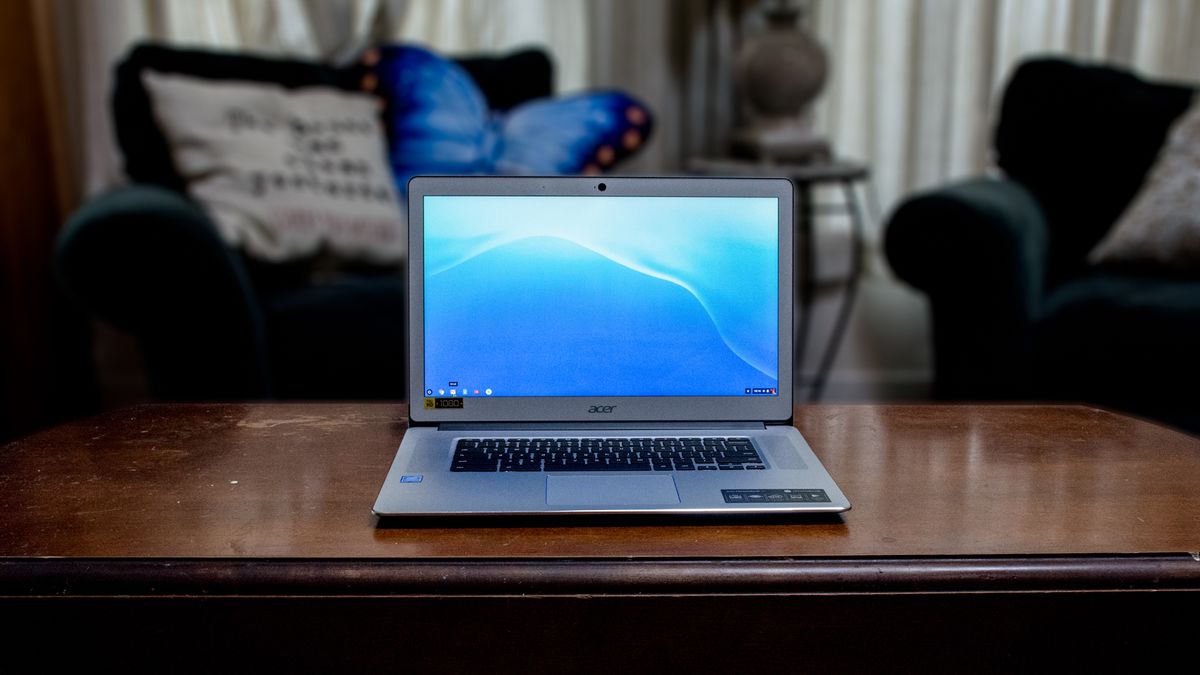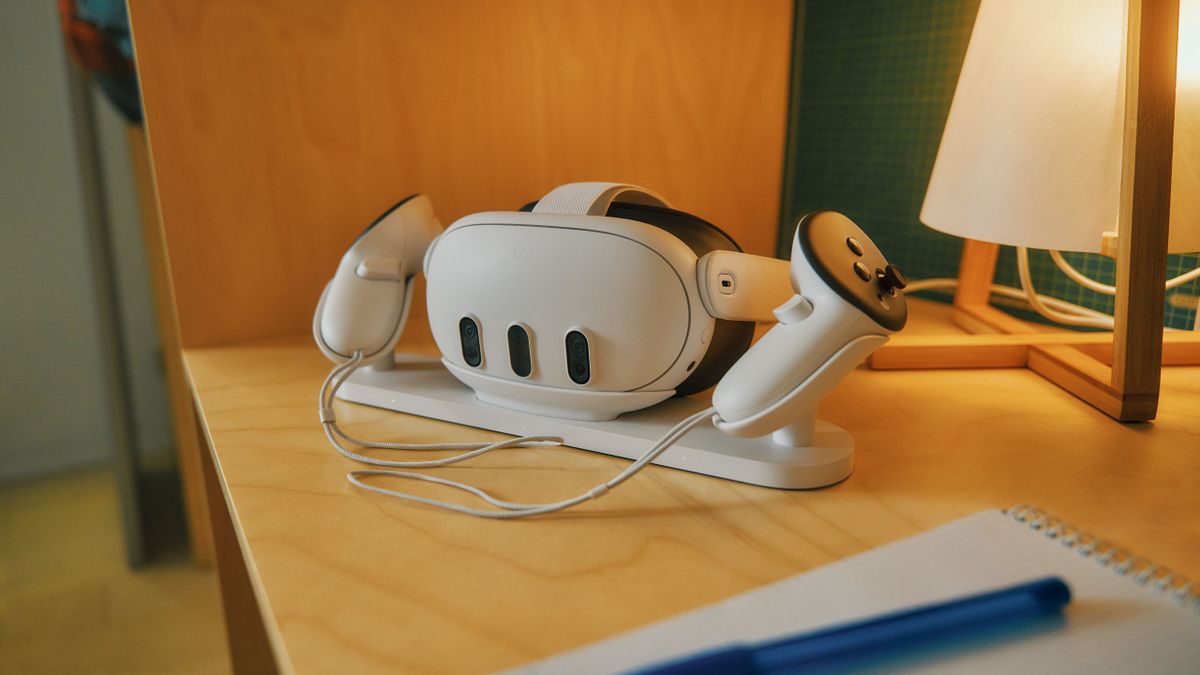Google May Expand Availability of ChromeOS Flex to Older Chromebooks
Don’t throw away your out-of-date Chromebook just yet as newly found evidence suggests Google may expand the availability of ChromeOS Flex to the old laptops.
This information comes from tech news site Chrome Unboxed after they recently uncovered references for a “Flexor” project in Google’s Chromium Repositories. Further investigation revealed code that mentions installing a thirteenth partition to ChromeOS. The website believes that this partition is actually ChromeOS Flex due to its file size of 10GB, indicating that it’s an entire operating system and not just a small addition.
There’s even a note in the repository confirming that the installation script “inserts a thirteenth partition on the disk”. According to Android Central, when the installation begins, a message reading “Start flex-ing” will appear on the screen.
Now, you may be wondering, what exactly is ChromeOS Flex? It is a cloud-based, lightweight version of ChromeOS that can transform old PCs and Macs into a Chromebook-like device. This system can run on both desktop computers and laptops, making it suitable for businesses, students, and anyone looking to revive outdated hardware. To join the program, you need to register on Google’s website.
Instructions for installing the operating system are available online. All you need, apart from an old computer, is a USB drive with enough space to accommodate a bootable version of Flex. Currently, Chromebooks are unable to run the Flex system, but that might change in the future. So, that old laptop collecting dust could have a new lease on life.
The exact launch date of this update is uncertain. At the time of writing, Google programmers have been working on the Flexor project for about a week. Chrome Unboxed notes that everything is still in a very early process.
This development aligns with Google’s renewed focus on device longevity and repairability. The company recently announced that the Pixel 8 will receive seven years of updates post-launch, demonstrating their commitment to supporting their products. This change in attitude is welcomed by users who accused Google of abandoning many Chromebook models, leaving them vulnerable to cyberattacks. While Google has pledged to provide software updates for Chromebooks for ten years after a product launch, the specifics of the 10-year plan vary for different laptop models.
If the Flexor project comes to fruition, users may no longer have to worry about uneven support. By installing Flex on an inexpensive Chromebook, users can have peace of mind knowing their personal information is safe. However, it remains unclear whether Flex Chromebooks will receive ten years of upgrades, as it is too early to determine.
For those heading back to school or considering it, TechRadar has compiled a list of the best student Chromebooks for 2023.
Source: [TechRadar](https://www.techradar.com/computing/laptops/chromebooks)

I’m a highly experienced and respected author in the field of cryptocurrency. I have been writing about Bitcoin, Ethereum, Litecoin and other digital currencies for over 5 years which is widely regarded as one of the most knowledgeable and reliable sources of information in this area.








